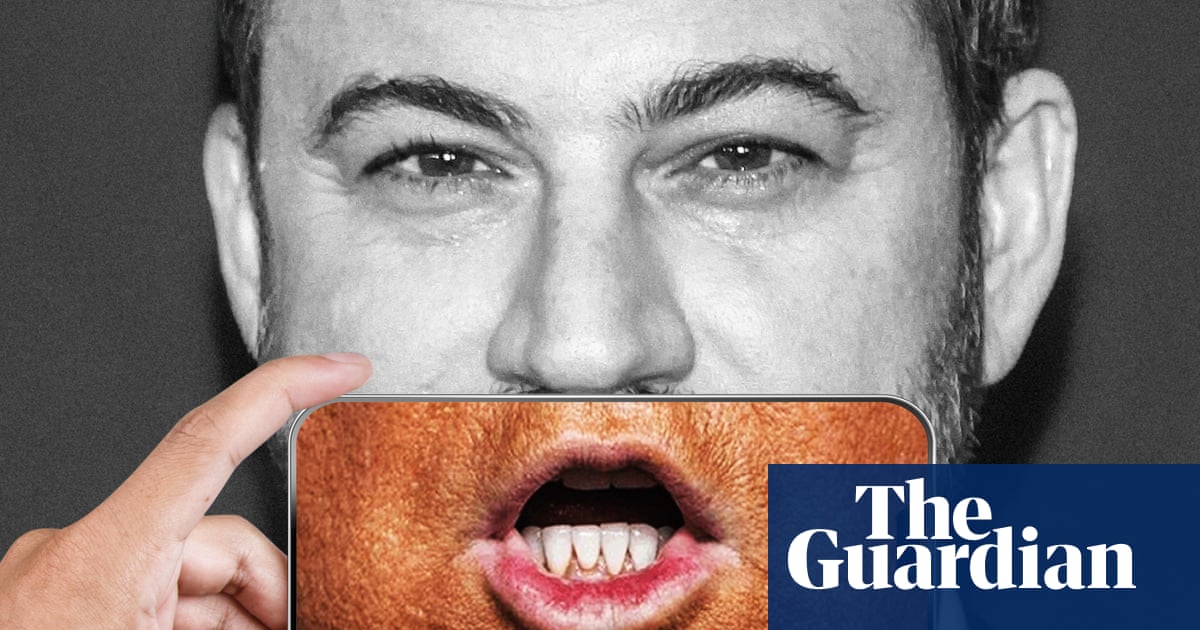Attorney General Targets Hate Speech Amid Free Speech Debates Following Charlie Kirk's Death
Attorney General Pam Bondi and the US attorney general plan to target individuals for hate speech regarding Charlie Kirk, sparking debate over free speech and academic consequences.
Subscribe to unlock this story
We really don't like cutting you off, but you've reached your monthly limit. At just $5/month, subscriptions are how we keep this project going. Start your free 7-day trial today!
Get StartedHave an account? Sign in
Overview
- Attorney General Pam Bondi and the US attorney general announced intentions to pursue individuals for hate speech, specifically those targeting Charlie Kirk, raising questions about legal enforcement.
- US law protects hate speech under the First Amendment unless it incites imminent violence or constitutes a true threat, lacking a specific legal definition or exception for "hate speech."
- Several university professors across different institutions faced disciplinary actions or consequences for comments they made regarding the death of Charlie Kirk.
- These actions against professors and the Attorney General's statements have ignited significant public and academic debates concerning the boundaries of free speech.
- The controversy highlights the ongoing tension between protecting free expression and addressing speech perceived as hateful, especially in the context of public figures like Charlie Kirk.
Report issue

Read both sides in 5 minutes each day
Analysis
Center-leaning sources frame this story by portraying the Trump administration and its allies as actively undermining free speech and constitutional rights. They use loaded language and connect various incidents to build a narrative of hypocrisy and threat, emphasizing perceived attacks on political opponents and media. The collective editorial choices highlight a pattern of suppressing dissent and weaponizing government power.
Articles (3)
Center (2)
FAQ
Under US law, hate speech is protected by the First Amendment unless it incites imminent violence or constitutes a true threat. There is no specific legal definition or exception for 'hate speech,' so targeting individuals legally depends on whether their speech crosses these thresholds.
Several university professors at different institutions faced disciplinary actions or consequences for comments made regarding Charlie Kirk's death, reflecting institutional responses to speech perceived as hateful related to this incident.
Charlie Kirk's assassination intensified debates over the limits of free speech at universities, highlighting tensions between protecting free expression and addressing speech seen as hateful, especially involving public figures.
The assassination shocked the nation and sparked divisive political reactions. Kirk's widow vowed to continue his legacy, calling for retribution, and the event has provoked nationwide debate on violence, political discourse, and speech boundaries.
Some commentators and educators, including in media coverage, have proposed that despite the tragedy, the event could lead to more respectful and nonviolent political dialogue, emphasizing the possibility of disagreement without violence.
History
- This story does not have any previous versions.


